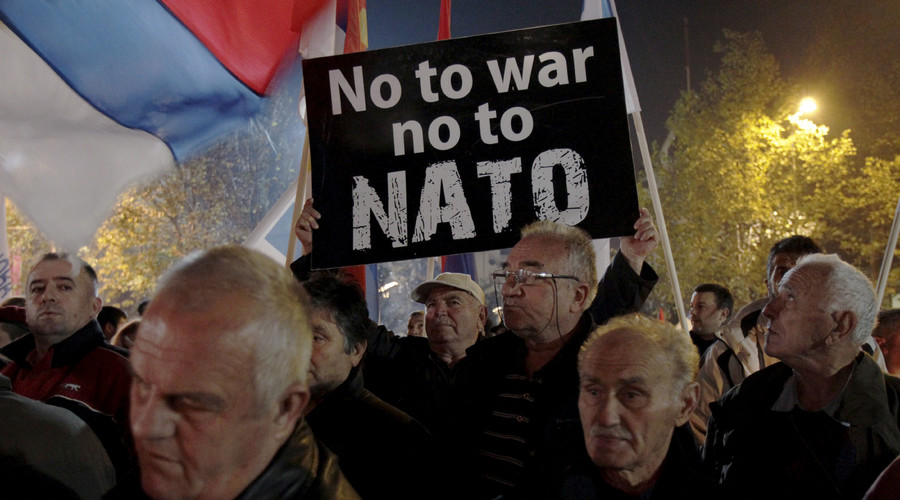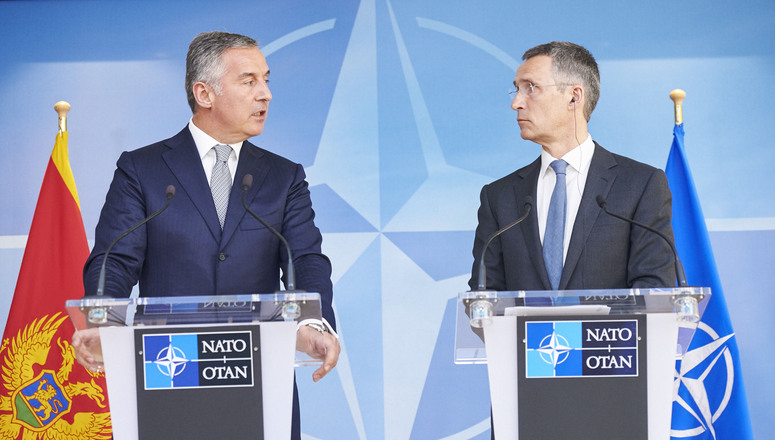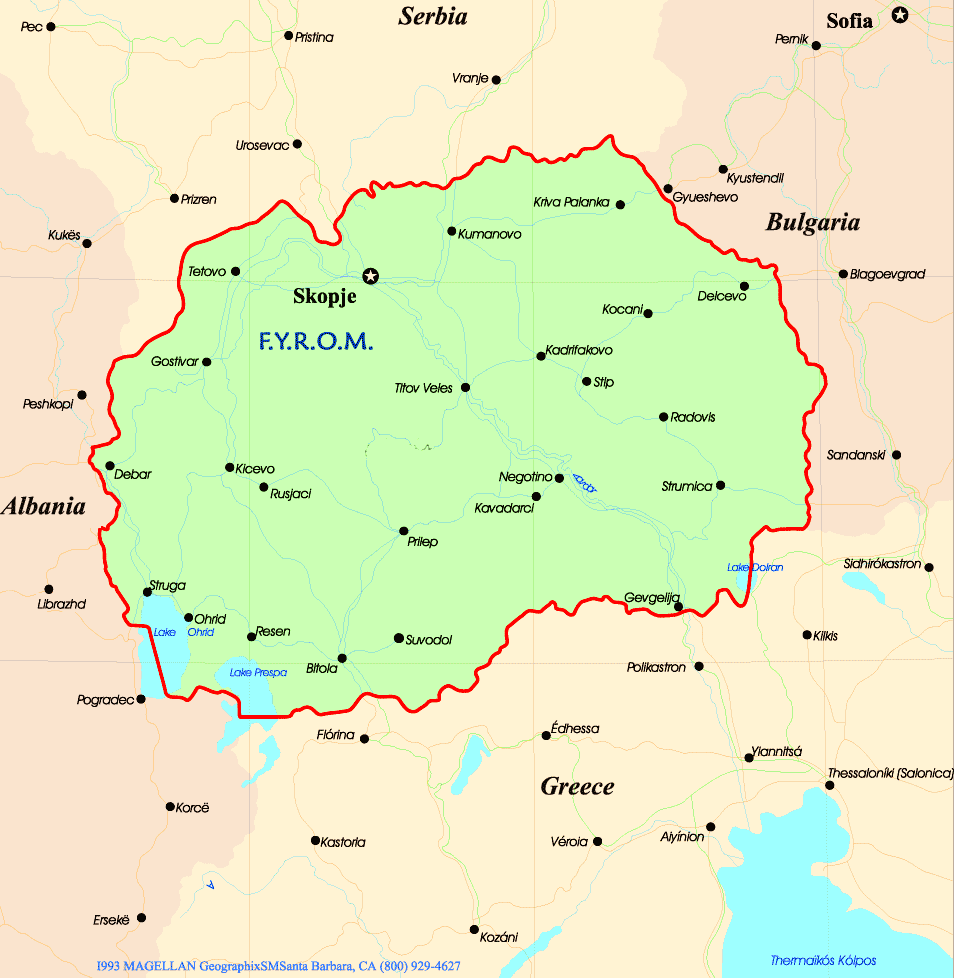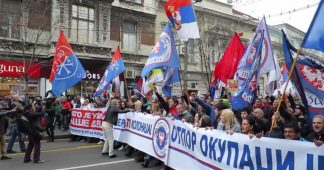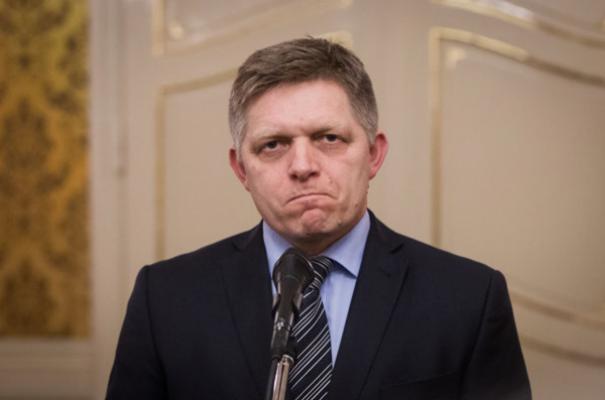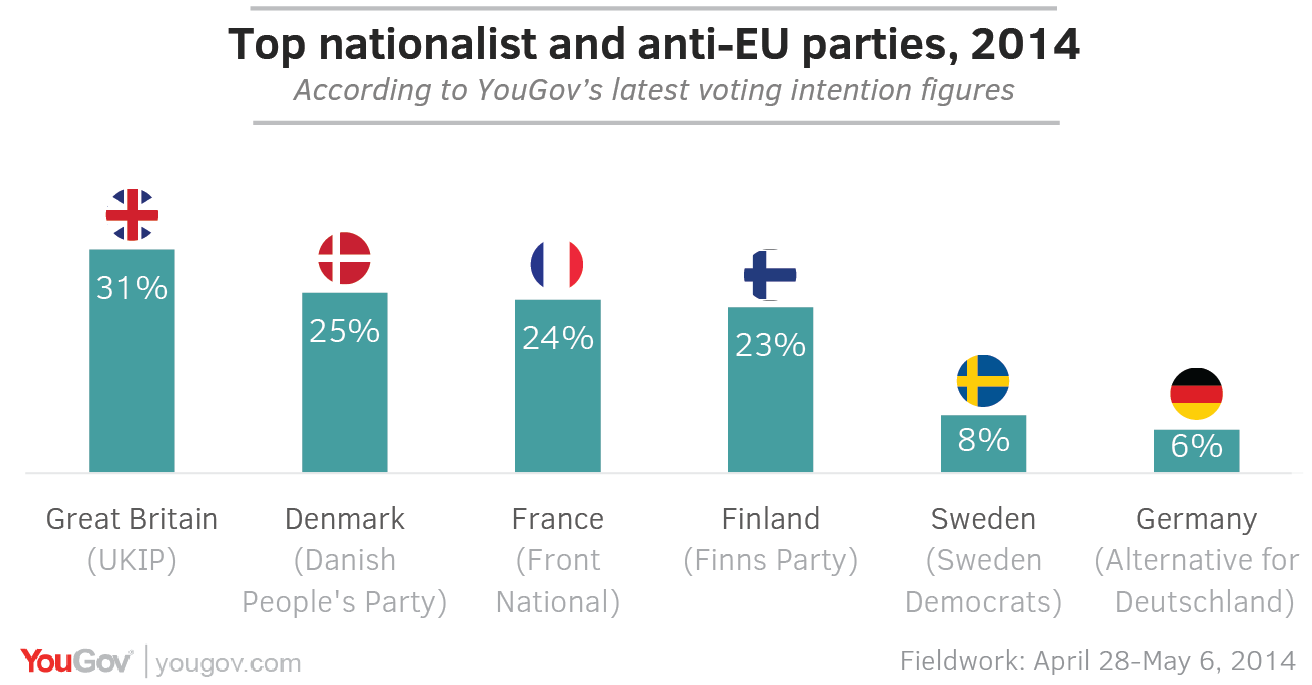This week, the Montenegrin delegation, which is opposed to the Prime Minister Milo Đukanović and his decision on Montenegro joining NATO, visited Moscow. The meetings held were at a high level, including a meeting with the Russian State Duma Spokesman Sergei Naryshkin.
Opposition Leader
The main face of the delegation is Andrija Mandic, one of the leaders of the Montenegrin opposition coalition the Democratic Front, the head of the New Serb Democracy Party. He is the most likely candidate from the opposition for the post of prime minister. According to our information, Mandic also met with a number of private persons who have a serious impact on Russian foreign policy.
Mafioso Prime Minister
The Prime Minister of Montenegro, Milo Đukanović, is called the ‘last European dictator’ in his country. He has ruled Montenegro since 1991. Drug trafficking and cigarette smuggling in the Balkans is under his control. Đukanović has close connections to the Albanian and Kosovar criminal groups. He does not hesitate to take perpetual loans from the Montenegrin budget, which is currently more than $30 million, spent on two personal aircraft and a collection of expensive watches. Among the leaders of the Italian mafia, it was considered good form to visit Đukanović’s party and give him expensive gifts.
Mass Protests
Since autumn last year, Montenegro has been marred by mass protests against the country’s accession to NATO, which was decided by a parliamentary and governmental vote earlier. The protesters demand the Prime Minister resignation, as it is well known for his corruption and connections with international criminal networks.
The People and the Church against NATO
The majority of the Orthodox population of the former Yugoslav republic does not wish to be part of the alliance, after it plunged the region into chaos in 1999. About half of the population is opposed to NATO. The canonical Orthodox Church resists the process too.
Geopolitical Meaning of Montenegro Joining NATO
The process of Montenegro’s accession to NATO was started immediately after the country declared its independence in 2009. The country’s elites consider the accession to the EU and NATO as the main priorities of its foreign policy.
The accession of Montenegro to NATO is aimed against Serbia and Russia. Montenegro is a part of a unified Serbian linguistic and cultural space, and Montenegrins themselves are a special part of the Serbian nation. Serbia has traditionally been the most continentalist country in the region. It is the inner Heartland within the Balkans, and tries to occupy a dominant position in this area, as well as Russia in the Eurasian Heartland.
All Serb conflicts with its neighbors are caused not only by ethno-religious reasons, but also by the natural desire of continental Serbia to gain access to the sea. Montenegro and Dalmatia are the priorities for the Great Serbia strategy. That’s why the Atlantists supported the division of Yugoslavia. The creation of independent Croatia, Bosnia and Herzegovina and Montenegro within the boundaries completely cut off Serbia and its ally, Russia, from the Adriatic. After Croatia’s accession to NATO, it was Montenegro turn. After that, Serbia would be completely cut off from the Adriatic coast.
Symbolic Goal
Montenegro’s accession to NATO has symbolic importance as a means of pressure on the nation’s historical memory. Most of the population remembers the bombing of Yugoslavia in 1999. The annexation of Montenegro to NATO intended to break the mentality of Montenegrins, causing something like Stockholm syndrome, thus, preparing Serbia for their accession to NATO.
